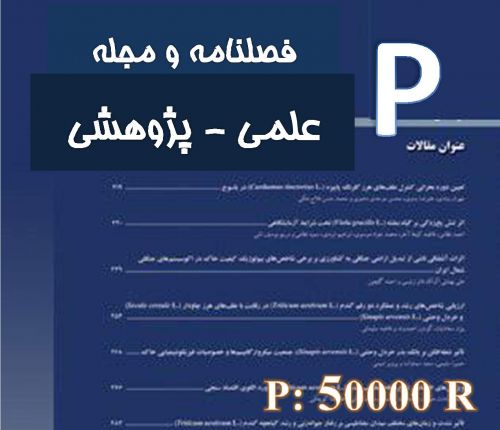Introduction: In developing countries, military expenditures which usually used to provide security, affect on economic conditions by analyzing economic power. Accordingly, the purpose of this study is to examine the effect of military expenditures on health expenditures in developing countries. Materials and Methods: This study was performed using statistical data from 25 countries during the 1995-2014. The long-term relationship between per capita health expenditures, per capita military expenditures, per capita income, life expectancy, population and per capita foreign aid has been investigated using panel co-integration and generalized method of moments (GMM). Also, the statistical analyzes were performed using the Eviews and Stata soft wares. Results: Based on the results of the model estimation, per capita military expenditures, population and per capita foreign aid decrease the per capita health expenditures in the long–term. Also, in the long–term, per capita income and life expectancy increase the per capita health expenditures. In the long-term, one percent increase in the per capita military expenditures, reduce the per capita health expenditures in developing countries by about 0.18 percent. Conclusion: Providing the appropriate policies for provides security without widespread military expenditure in developing countries can improve the health in these countries by transferring economic resources from the military sector toward the health sections.
کلید واژگان :Health, Military Expenditures, Developing Countries, Generalized Method of Moment.
ارزش ریالی : 600000 ریال
با پرداخت الکترونیک
